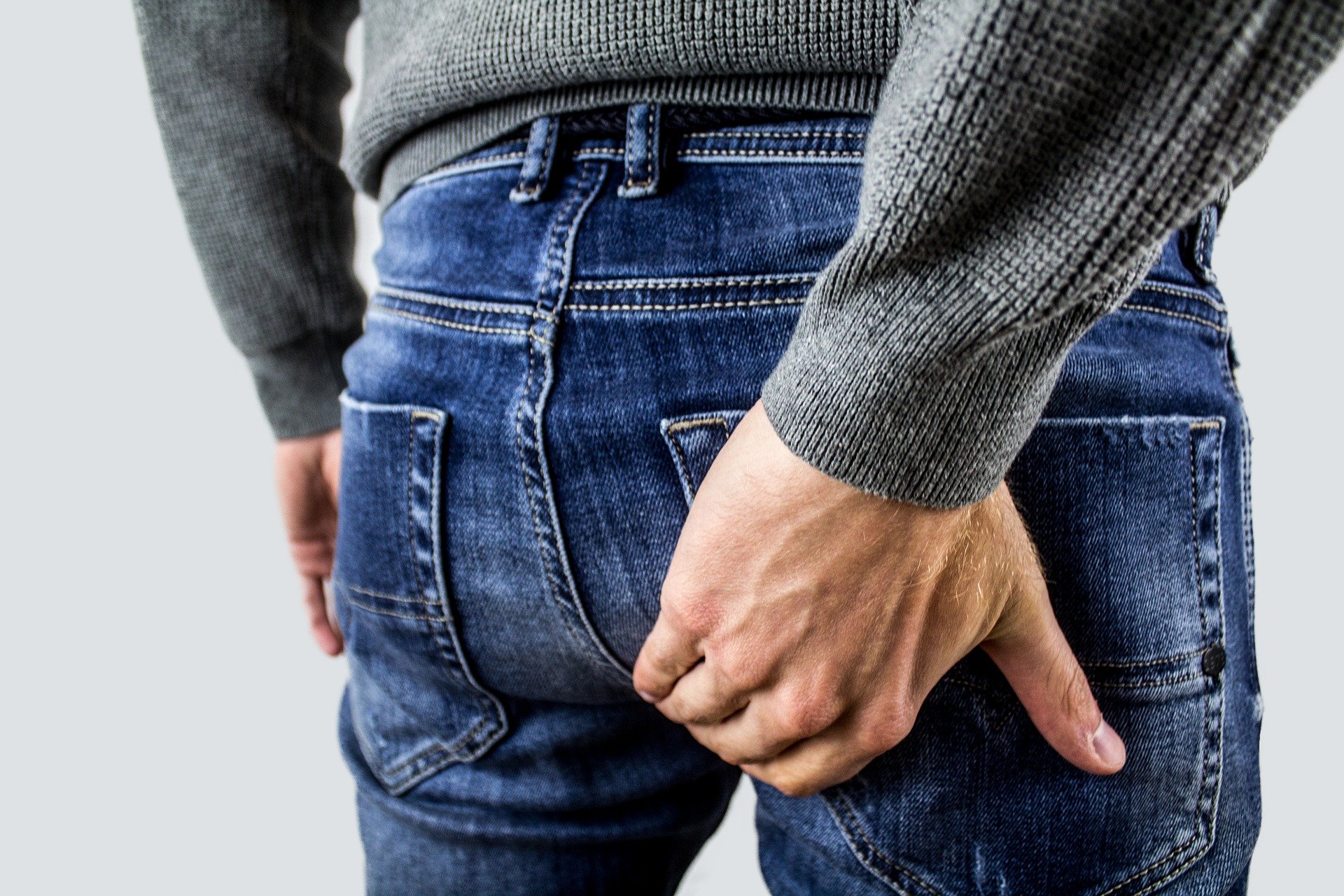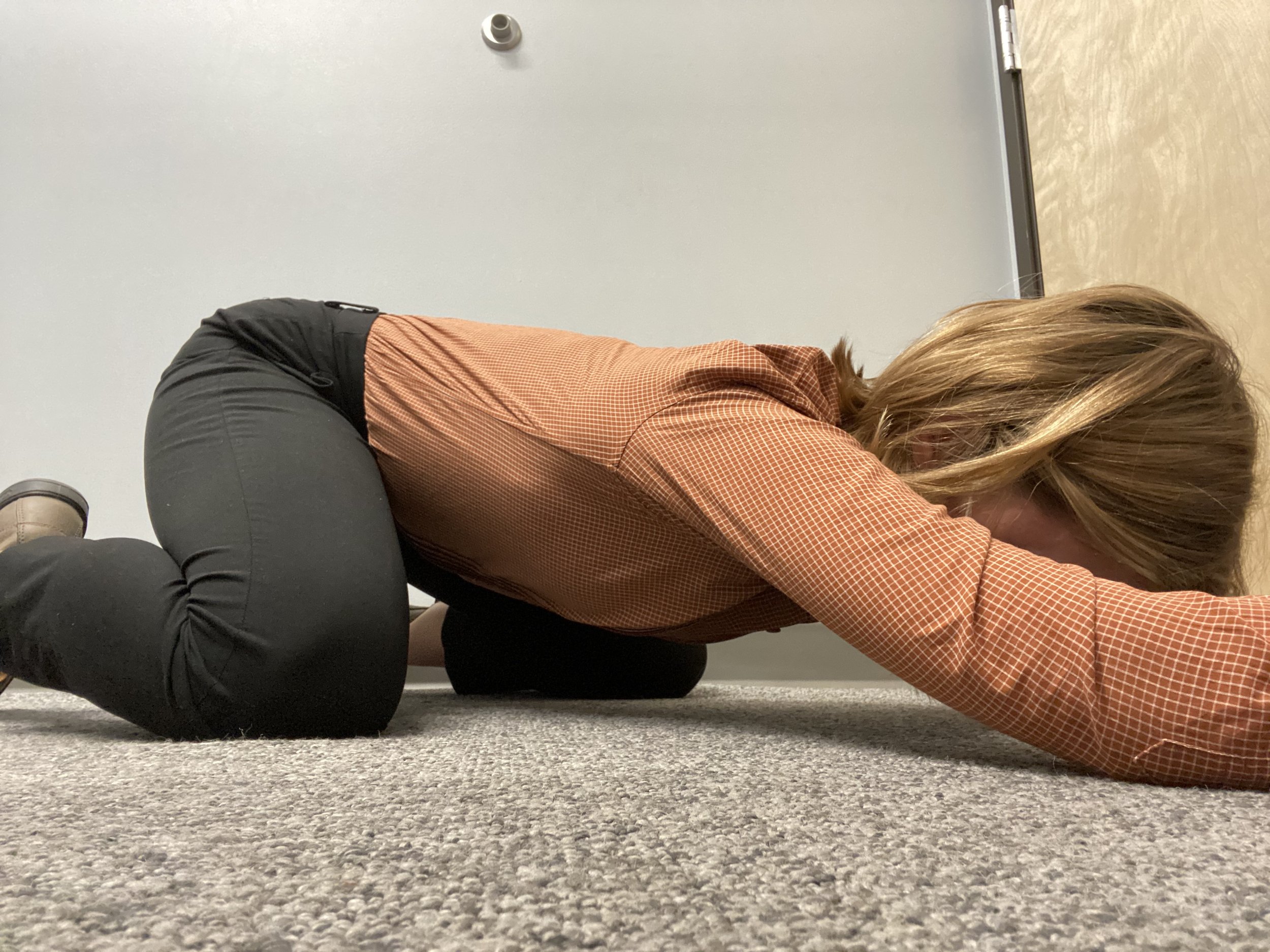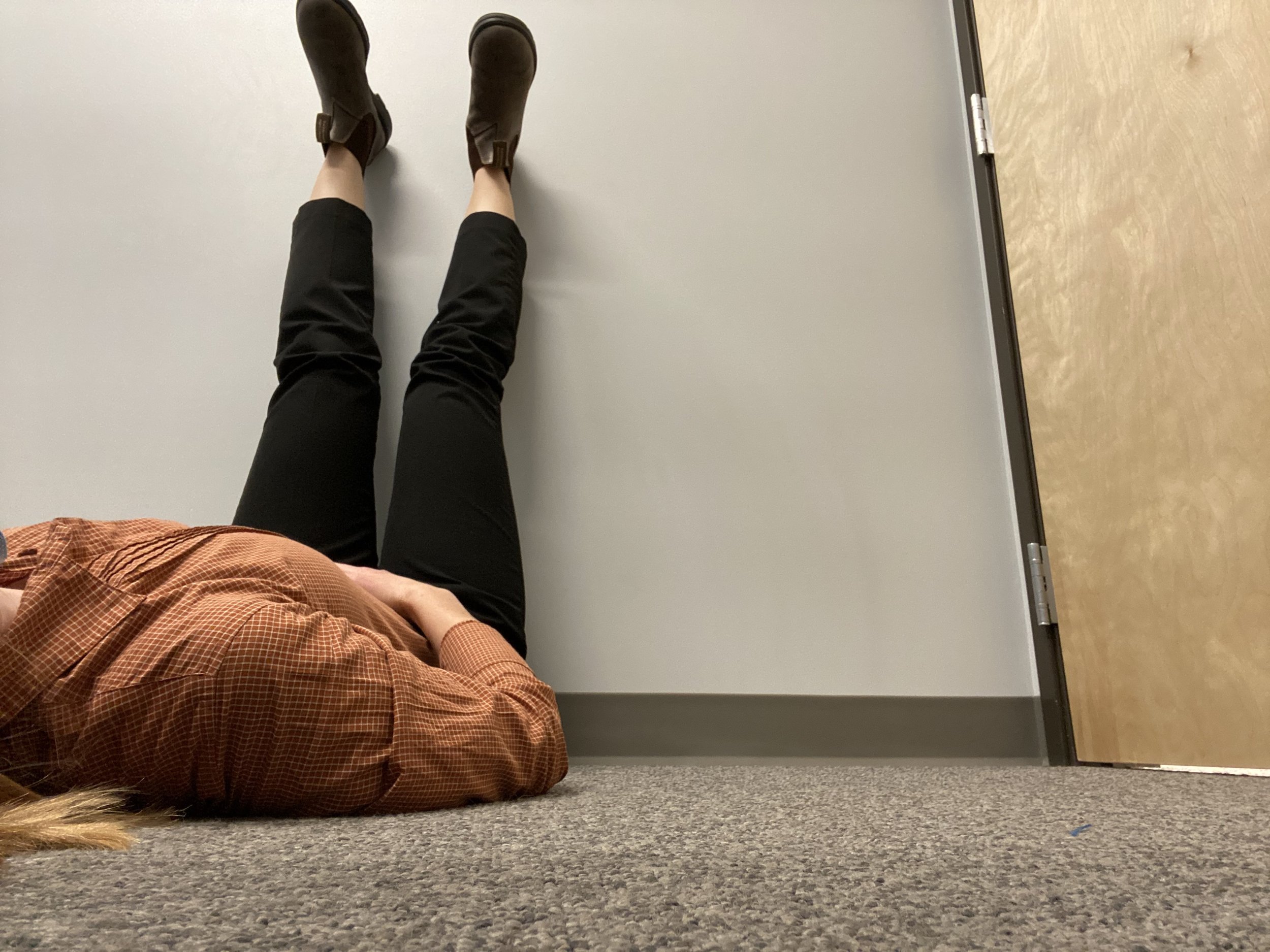Hemorrhoids are swollen veins in the anus and lower rectum and will affect about a third of Americans. While hemorrhoids typically resolve within a few weeks, they can be distressing and discomforting. Risk factors include chronic constipation and straining with bowel movements. Other research proposes it is not simply constipation, but rather high resting anal tension that is associated with hemorrhoids. Pregnancy is another risk factor for hemorrhoids due to increased pressure on the pelvic floor and thus on the venus system at the anus.
Medical management and removal can often lead to more pain and doesn’t prevent hemorrhoids from recurring. Here, we discuss at home remedies and exercises we commonly utilize in our Boulder Physical Therapy practice to help relieve hemorrhoid discomfort.
Remedies:
Warm bath with epsom salt (or sits bath) for 5 minutes
Cold compress for 15 minutes
Witch hazel – wipes, sprays (look for postpartum products)
Aloe vera – applied directly as topical ointment
Soothing wipes instead of toilet paper
Loose cotton underwear
Other ointment: Tea tree oil, coconut oil
Stool softeners
Increase fiber intake or consider fiber supplementation
Increase water intake
Over the counter hemorrhoid ointment
Exercises:
Deep diaphragmatic breathing, expand belly and your pelvic floor as you inhale- releases tension in pelvic floor
Child’s Pose- stretches and relaxes hips, low back, and pelvic floor
Legs up the wall pose, 15 min- boosts circulation to anus and digestive organs
Proper bowel movement mechanics to avoid straining (a pelvic physical therapist can teach you how to do this)
Child’s Pose
A pelvic health physical therapist can help assess your pelvic floor tension and determine what may be contributing to your hemorrhoids. They can also provide you individualized treatment and exercises to improve constipation, relieve pelvic floor tension, and improve breathing and bowel movement mechanics.
Click Here to set up an appointment with a pelvic health specialist at Mend today.
Lohsiriwat V. Hemorrhoids: from basic pathophysiology to clinical management. World J Gastroenterol. 2012;18(17):2009-2017.
Loder PB, Kamm MA, Nicholls RJ, Phillips RK. Haemorrhoids: pathology, pathophysiology and aetiology. Br J Surg. 1994 Jul;81(7):946-54.



